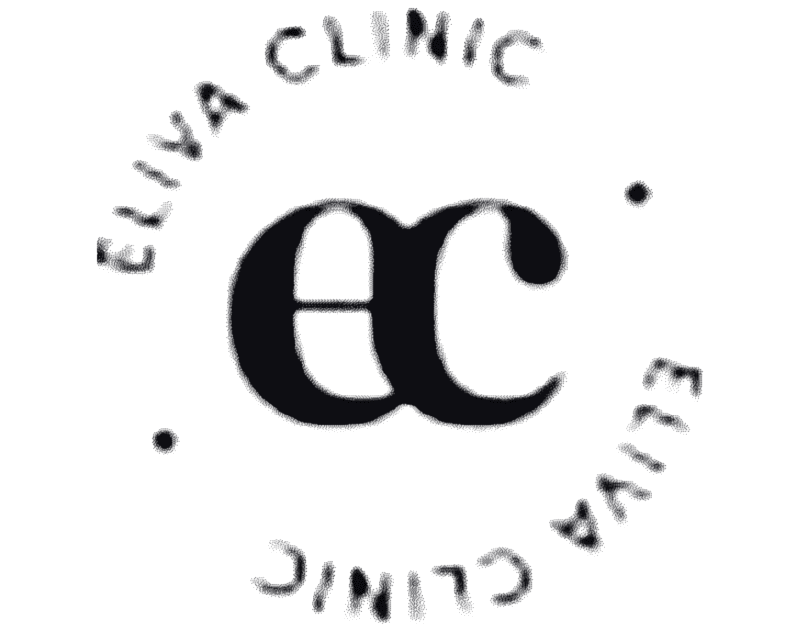
Fertility issues are increasingly common, and many individuals and couples are looking for proactive ways to assess their reproductive health. A Fertility MOT is a crucial step for anyone who wants to understand their fertility status, whether they are planning to conceive soon or in the future.
What is a Fertility MOT?
A Fertility MOT is a comprehensive assessment of reproductive health. It involves a series of tests and evaluations designed to determine fertility potential. These tests help identify any underlying issues that may affect conception and provide valuable insights into future fertility planning.
Who Should Consider a Fertility MOT?
A Fertility MOT is recommended for:
- Individuals or couples trying to conceive without success.
- Women over the age of 30 who want to assess their egg reserve.
- Men who want to check their sperm health.
- Anyone considering delaying parenthood and wanting to understand their reproductive health.
- Those with a history of reproductive health issues, such as PCOS or endometriosis.
Key Components of a Fertility MOT
A Fertility MOT includes several tests for both men and women. Below are the essential components:
1. Female Fertility Tests
Women undergo a variety of tests to assess their ovarian reserve, reproductive hormones, and overall fertility health.
Ovarian Reserve Testing
- AMH (Anti-Müllerian Hormone) Test – Measures ovarian reserve and helps predict how many eggs a woman has left.
- Antral Follicle Count (AFC) Scan – An ultrasound scan to count the number of follicles in the ovaries.
Hormonal Tests
- FSH (Follicle Stimulating Hormone) and LH (Luteinizing Hormone) – These hormones regulate the menstrual cycle and ovulation.
- Oestradiol (Estrogen) Levels – Helps assess ovarian function.
- Thyroid Function Tests – Thyroid imbalances can affect fertility.
Pelvic Ultrasound Scan
A transvaginal ultrasound checks the uterus, ovaries, and fallopian tubes to detect abnormalities such as fibroids, polyps, or ovarian cysts.
2. Male Fertility Tests
Male fertility is equally important, and a Fertility MOT includes a detailed evaluation of sperm health.
Semen Analysis
- Sperm Count – Measures the number of sperm in a semen sample.
- Sperm Motility – Determines how well sperm move.
- Sperm Morphology – Assesses the shape of sperm, which affects fertilization potential.
Hormonal Profile
- Testosterone Levels – Plays a key role in sperm production.
- FSH and LH – Help regulate sperm development.
Scrotal Ultrasound
A scrotal ultrasound checks for structural abnormalities in the testicles and the presence of varicoceles (enlarged veins that can affect sperm production).
What to Expect During a Fertility MOT?
The Fertility MOT process is straightforward and typically includes:
- Initial Consultation – A fertility specialist discusses medical history, lifestyle, and concerns.
- Hormonal and Blood Tests – Blood samples are taken to evaluate hormone levels.
- Ultrasound Scans – Imaging tests assess reproductive organs.
- Semen Analysis – A lab examines sperm health for male patients.
- Results and Recommendations – The specialist explains test results and provides tailored advice on fertility options.
Benefits of a Fertility MOT
- Early Detection of Fertility Issues – Identifies potential obstacles before trying to conceive.
- Personalized Fertility Advice – Provides tailored recommendations based on test results.
- Peace of Mind – Helps individuals make informed decisions about family planning.
- Preparation for Assisted Conception – Helps those considering IVF or other fertility treatments.
Lifestyle Factors That Affect Fertility
While a Fertility MOT provides a medical assessment, lifestyle changes can also improve fertility.
1. Maintain a Healthy Diet
A balanced diet rich in antioxidants, vitamins, and minerals supports reproductive health. Foods rich in folic acid, omega-3 fatty acids, and lean proteins are beneficial.
2. Exercise Regularly
Moderate physical activity enhances fertility by regulating hormones and reducing stress.
3. Avoid Smoking and Excessive Alcohol Consumption
Tobacco and alcohol negatively impact egg and sperm quality.
4. Manage Stress Levels
Chronic stress can disrupt ovulation and sperm production. Techniques such as meditation, yoga, and counseling can help.
5. Maintain a Healthy Weight
Both obesity and being underweight can affect hormone levels and fertility.
When to Seek Further Fertility Treatment?
If a Fertility MOT reveals potential issues, a fertility specialist may recommend:
- Ovulation Induction – Medications to stimulate ovulation.
- Intrauterine Insemination (IUI) – A procedure to place sperm directly into the uterus.
- In Vitro Fertilization (IVF) – A more advanced fertility treatment where eggs and sperm are combined in a lab.
- Egg or Sperm Freezing – A great option for those looking to preserve fertility for the future.
Conclusion
A Fertility MOT is a valuable tool for assessing reproductive health and planning for the future. Whether you are actively trying to conceive or simply want insights into your fertility potential, a fertility assessment can provide clarity and direction. By combining medical testing with a healthy lifestyle, individuals and couples can take proactive steps toward their fertility goals.
If you are considering a Fertility MOT, consult with a reputable fertility clinic to get a personalized assessment and expert guidance.